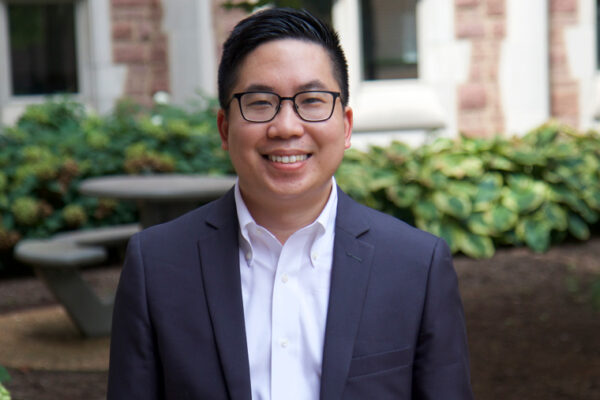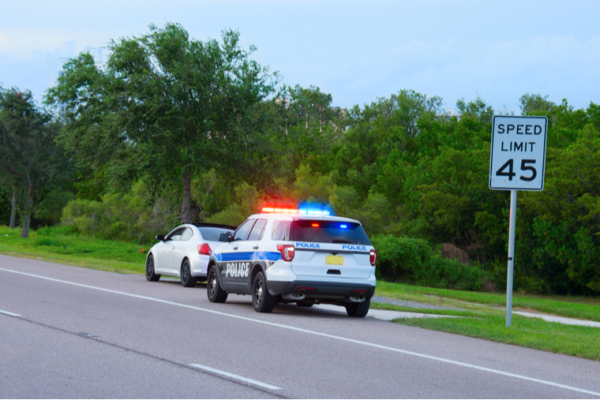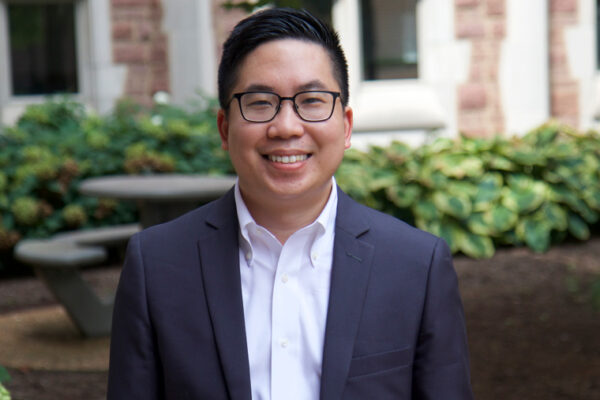Lai is particularly interested in implicit biases: automatic or unconscious mental processes that create a gap between what people value (e.g., racial equality) and what people do (e.g., racial discrimination). His research focuses on learning how implicit biases change; understanding the consequences of implicit bias for behavior; and developing interventions to reduce the impact of implicit biases on behavior.
Calvin Lai
Assistant Professor of Psychological & Brain Sciences
Contact Information
- Phone: 201-925-6433
- Email: calvinlai@wustl.edu
- Website: Website
Media Contact
In the media
America’s most enduring myth
Calvin Lai, assistant professor of psychological and brain sciences
What unconscious bias training gets wrong… and how to fix it
Calvin Lai, assistant professor of psychological and brain sciences
Can implicit bias training help cops overcome racism?
Calvin Lai, assistant professor of psychological and brain sciences
What Teachers Should Know About Implicit Bias Right Now
Implicit bias is one component in the broader system of historical, cultural, and structural racism that perpetuates racial inequalities in U.S. society. Discussions of racial inequalities should neither begin nor end with implicit bias, writes Calvin Lai.
A Judge Advised Harvard to Give Its Admissions Officers Training to Stop Bias. Will That Help?
Calvin Lai, assistant professor of psychological and brain sciences
Google got rid of ‘Smart Compose’ pronouns because humans are sexist
Calvin Lai, assistant professor of psychological and brain sciences
Experts: Starbucks training a first step in confronting bias
Calvin Lai, assistant professor of psychological and brain sciences
Starbucks is turning to a type of workplace training that ‘really took off after Ferguson’
Calvin Lai, assistant professor of psychological and brain sciences
Stories
Lai receives Templeton grant to develop anti-bias intervention strategies
Arts & Sciences’ Calvin Lai received a $230,000 grant from the Templeton World Charity Foundation to lead an interdisciplinary effort to develop discrimination interventions.
Demographics, not bias, best predict traffic stops
New research from the lab of psychologist Calvin Lai in Arts & Sciences shows that the racial demographics of a county, more than other factors, help predict discrepancies when it comes to who gets pulled over by police.
Lai to evaluate diversity training for law enforcement
Calvin Lai in Arts & Sciences received a nearly $350,000 grant, part of $33 million allotted by the Department of Justice to improve community policing.
What Teachers Should Know About Implicit Bias Right Now
We can hold ourselves and our friends and family accountable for the things we say and do. We can change the narrative so that our children and their children internalize a different story.
Change the bias, change the behavior? Maybe not
In a meta-analysis of published research, psychologist Calvin Lai of Washington University in St. Louis teases out how changes in implicit bias do — and do not — appear to lead to changes in behavior. And why that might be.
What’s unconscious bias training, and does it work?
The novelty of unconscious bias training means there is little direct evidence about whether it works. To determine its potential, researchers have turned to clues from other types of training.




